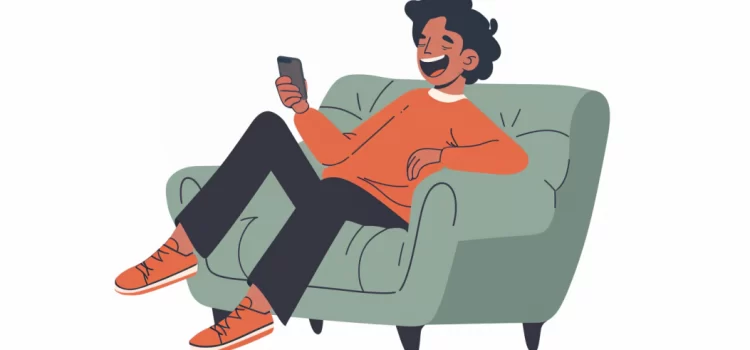How can parents help teenagers with mental health issues? How can you transform your home to create a more comfortable environment for teens? If your teenager is struggling with depression or anxiety, there are several actions you can take to help them. Among these actions are open communication, professional help, and making your home a sanctuary. Check out six strategies that deliver mental health help for teens.
Mental Health Help for Teens: 6 Strategies for Parents










